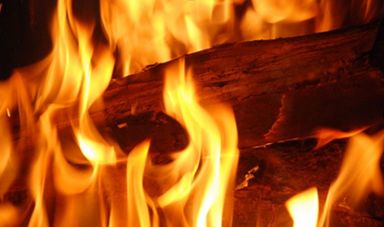Combustion

Combustion is the thermal conversion of feedstocks to release the energy stored within the material. Combustion is a highly efficient approach to accessing stored energy, released as heat that may be used drive further energy processes such as the generation of electricity. Combustion will result in the release of energy, the generation of CO2 emissions and the generation of post-combustion waste materials such as ash.
The heat energy produced through the combustion of Biomass feedstocks is highly variable depending on the characteristics of the Feedstock, conversion technologies used and the operation conditions. Although as an indicator the combustion of woody Biomass will generate about 20 MJ of heat energy per dry kilogram of Biomass.\ Moisture (water) content in Biomass is an important factor influencing the performances of the direct combustion of Biomass. To be used as combustion feedstocks, Biomass materials should be as dry as possible however Biomass almost always includes moisture. For example, green wood chips typically include 50% water and 50% dry matter and fresh leaves can contain as high as 95% moisture content. For efficient direct combustion of Biomass the moisture content should ideally be no more than 20%.
People who contributed to this article:
Dr. Andrew Welfle